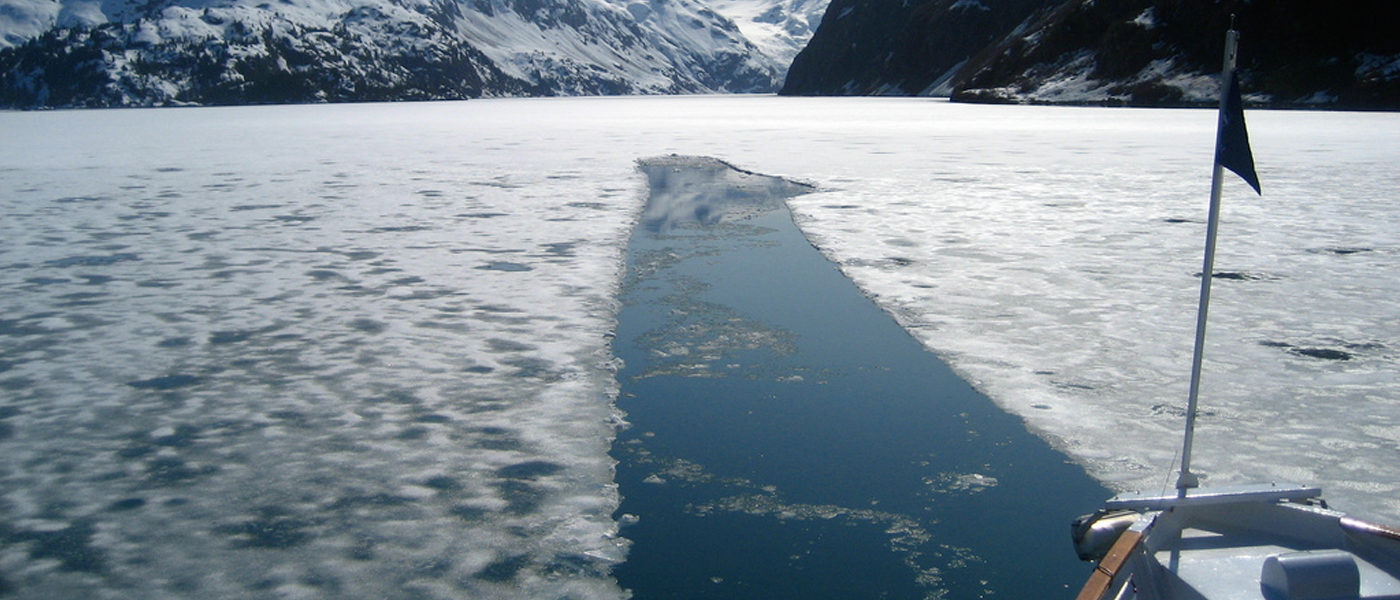
Science Diplomacy is an international, interdisciplinary and inclusive (holistic) process, facilitating informed decisionmaking to balance national interests and common interests for the benefit of all on Earth across generations. Science Diplomacy at the MIT-Harvard Public Disputes Program has three major areas of focus: Education, Research and Leadership.
Education
The Science Diplomacy Center aims at educating the next generation of science diplomats, through courses, executive education, workshops and conferences.
The goal is to educate scientists to issues encountered in diplomacy (international relations, processes of international negotiation, international organizations, governance, etc.) and diplomats to science (natural and social sciences, the scientific method, evidence-based decision making, etc.). In turn, the future generation of science diplomats will be educated simultaneously in science and diplomacy.
Research
The Science Diplomacy Center aims at generating academic work in science diplomacy, advancing the field both theoretically and in practice. The Science Diplomacy Center produces a Serial, “Science Diplomacy Action“.
In addition to the Serial, Center members are actively involved in research in various peripheral thematic fields that include elements of science diplomacy, such as Arctic Diplomacy, Water Diplomacy, Disaster-Risk Diplomacy or Space Diplomacy.
Leadership
Overall the center aims at providing thought-leadership, assisting current and future networks of science diplomacy, and developing options.
The Science Diplomacy Center collaborates closely with science and technology (S&T) advisor networks, especially the Foreign Minister Science and Technology Advisor Network (FMSTAN). The S&T advisor collaborations also will involve the International Network for Government Science Advice (INGSA) under the aegis of the International Council of Science (ICSU).
Further, the Science Diplomacy Center will continue to build collaboration with the Science and Technology Diplomatic Circle (S&TDC), which is a new association involving more than fifty diplomatic missions and affiliated consular organizations in Boston, Massachusetts.
The center will develop collaboration with international institutions that touch the natural and social sciences (e.g. ICSU, which formally began merging with the International Social Science Council -ISSC, in 2016) – which both observe and interpret change over time and space (bio-geophysical to socio-economic) –discovering and integrating options with societal relevance for informed decision-making.

